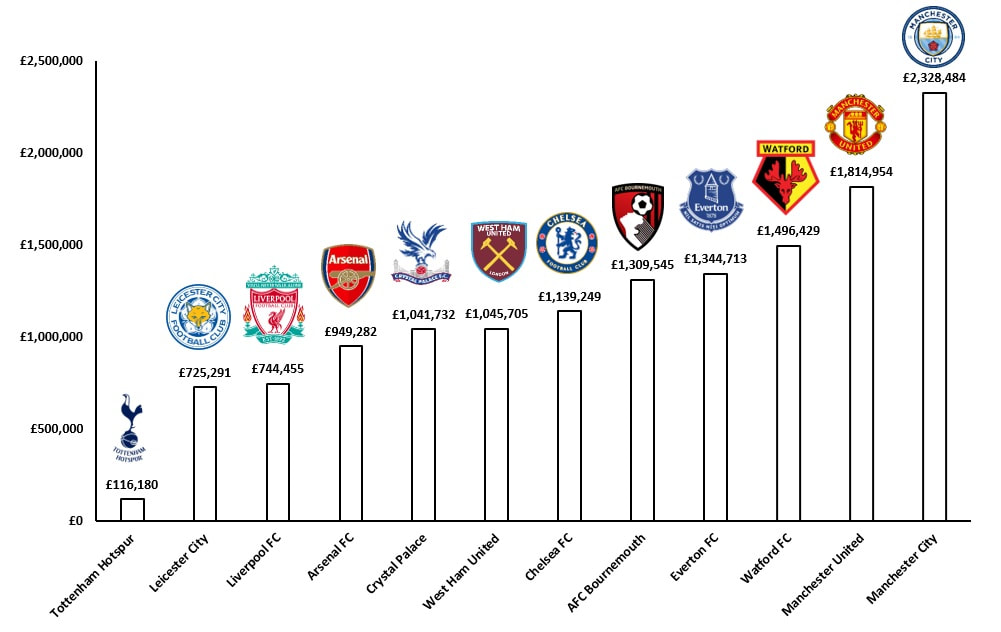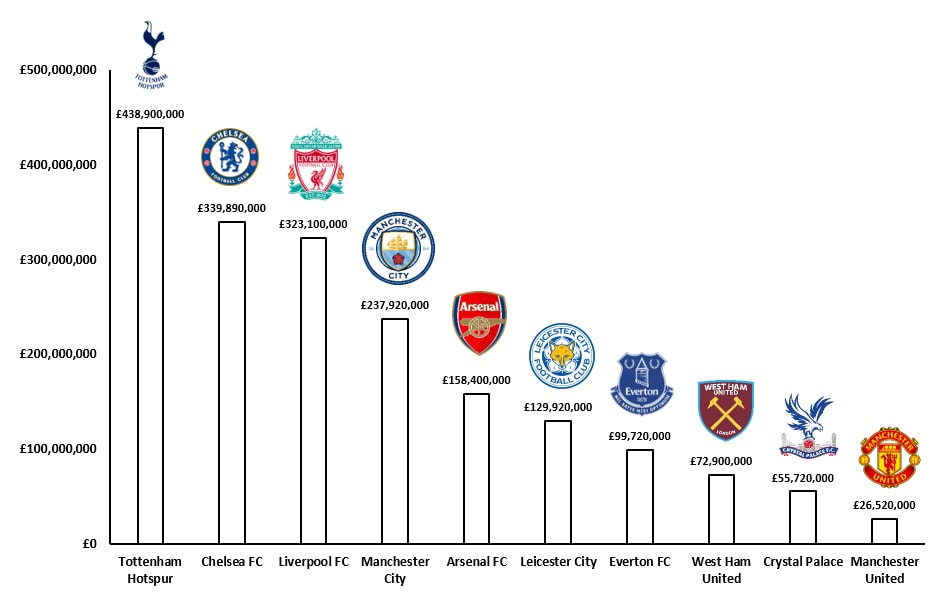Moneyball: The Art of Winning an Unfair Game is a well-known book by Michael Lewis, that tells the story the Oakland A’s innovative use of statistical techniques (sabermetrics) to exploit a hole in the labour market. The A’s commonly had one of the lowest team payroll’s in the league but won games at a discount relative to the competition. They did this by identifying how certain skills were mispriced such as on-base percentages and slugging percentages. While the A’s approach diffused relatively slowly, it could be imitated, and the competition caught up. In time, the anomaly was worked out of the market.
In general, Moneyball is about developing an objective approach to valuing talent. As Lewis himself suggests the lessons go well beyond baseball and in many ways the book is not about baseball.
This brings me to the English Premier League and, in particular, Tottenham Hotspur. The question is whether Tottenham should be considered in a similar light. Stephen’s post below considers wage efficiency. Here I look at transfer spend. All of the data for this analysis is sourced from Transfermarkt.
Are Spurs “doing a Moneyball”? While they may not be winning trophies they are paying far less per point in comparison to other Premier League clubs.
Spurs were the only English professional club not to make a single signing in this summer’s transfer window. Nor did Tottenham invest in talent in the most recent transfer window. They actually weakened their squad and let Mousa Dembélé go for £4.82m. An added complication is that Spurs are playing away from their home stadium.
Over 3 seasons from 15/16-17/18 Spurs have collected 233 points. Their net spend over this period (transfer incomes and expenditures only) was just over £27m. It works out that Spurs paid £116,180 per point in the English Premier League over the last three seasons.
The chart considers all clubs that have competed in the Premier League in the last three seasons. One exception is made. Over the past three seasons Southampton have ran a transfer surplus. For every point they earned they actually earned £7,793. As the chart below shows Spurs have paid far less per point when compared to the competition. While this analysis does not control for wage budgets, Tottenham’s chairman Daniel Levy is renowned for his frugality and tough negotiation tactics when it comes to player remuneration.


 RSS Feed
RSS Feed